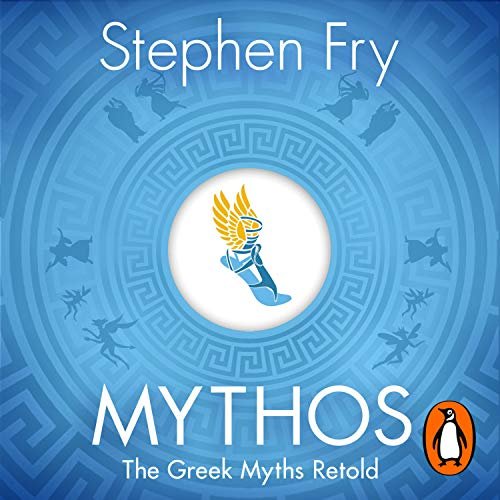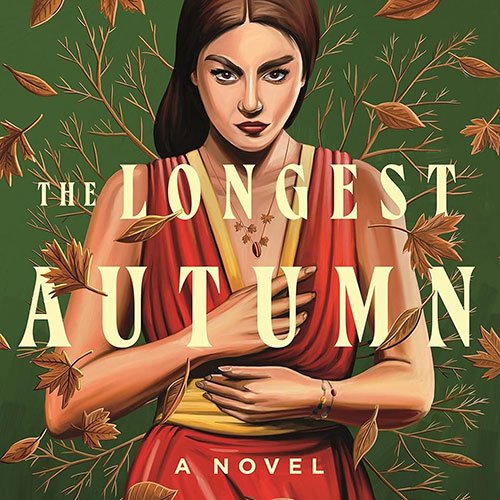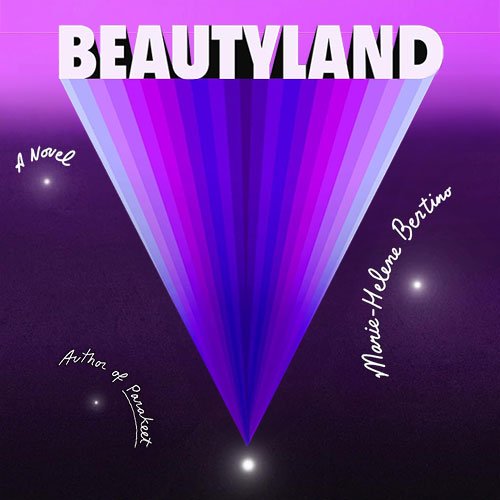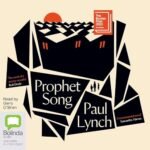Mythos: The Greek Myths Retold by Stephen Fry
The first part in Stephen Fry’s Great Mythology series, “Mythos,” is a superb retelling of Greek mythology that has received critical acclaim for its entertaining and approachable style. Fry’s performance is notable for its effectiveness as an introduction to Greek mythology, making it an ideal pick for individuals who are inexperienced with the topic. His ability to weave the tales into a coherent, relatively linear story while using his own particular flair is lauded. This novel technique guarantees that the old stories keep their original allure and meaning.
One of the most remarkable parts of “Mythos” is Fry’s use of current colloquialisms and comedy, which is considered as a continuation of the long-standing history of adapting and modifying tales. This modern touch gives the stories a new dimension, making them more approachable and entertaining for a modern audience. Fry’s reverent yet playful approach to the original material finds an ideal balance, letting readers to thoroughly immerse themselves in the legendary realm.
Despite its numerous qualities, several critics have pointed out discrepancies in Fry’s language and manner. There are times when his modern interpretations clash with the classic components of mythology. These moments, however, are uncommon and do not distract much from the overall quality of the tale. “Mythos” is a fascinating read because to Fry’s clear and funny writing style and his interest in the topic.
The audiobook edition of “Mythos,” recorded by Fry himself, has received special praise for enriching the reader’s experience. Fry’s narration adds a charming and personal touch to the stories, making the audiobook a highly recommended way to experience the book. His engaging and down-to-earth narrative style deconstructs Greek mythology, presenting it as an enticing and human-centered collection of stories. This approachability encourages readers of all ages, especially children and teens, to dive into the myths and share Fry’s enthusiasm for these old tales.
In “Mythos,” Fry does more than repeat tales; he reimagines them, giving them fresh life and perspective. This reimagining entails a profound grasp and respect of ancient mythology, rather than just putting a contemporary perspective. His writing is authoritative yet being approachable, making the book a source of both delight and information. This balance is one of the primary reasons for the book’s success since it appeals to both Greek mythology aficionados and newbies alike.
Fry’s version of the tales stands out for its combination of entertainment appeal, intellectual understanding, and the author’s obvious interest in the topic. Because of the unusual blend of these components, his work stands out among other retellings of Greek mythology. The book is an engaging read because of its ability to interest readers and its instructional content. Fry’s treatment of these old legends shows great respect for their roots while bringing them to life for a modern audience.
Overall, Stephen Fry’s “Mythos” is an important contribution to the genre of mythological retellings. It is an entertaining and instructive book because of its combination of classical mythology with a modern perspective. Fry’s enthusiasm for the topic seeps through on every page, turning the book into more than just a recounting of stories. “Mythos” delivers a fresh, amusing, and instructive trip into the realm of gods, goddesses, heroes, and stories, whether for those new to Greek mythology or those well-versed in these ancient tales.
Sources: Novel Notians, Kell-Read, The Scotsman, World History Encyclopedia









